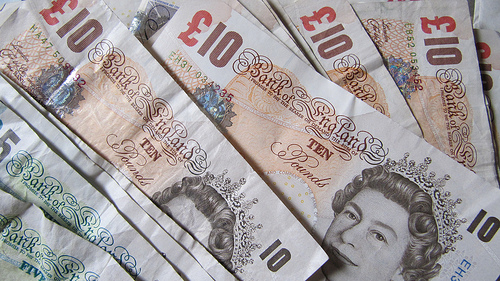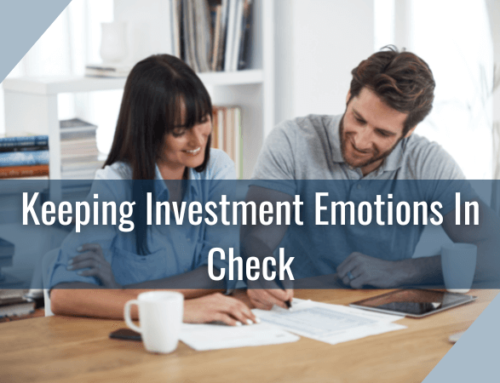Black Monday Overview
The turbulence in global markets recently has been disturbing. The sudden crash on Monday 24th August was extremely brutal, although thankfully some markets have made a partial recovery. It is understandable for people to question their investment strategies at times like these and, with that in mind, we have tried to provide answers for what we expect will be the most common questions.
What caused markets to fall?
A large fall in the Chinese stock market spooked investors worried this could be the beginning of another crash or crisis. Investors the world over sold out, causing markets to fall.
What has caused some of them to rise again?
As is often the case, once the initial shock was over, investors reassessed the situation and decided the risk to most major economies and stock markets was not as bad as feared. The previous day’s reaction was a bit overblown and investors who had sold out in a panic, started to buy in again (you’d hope feeling a bit sheepish, but that sadly isn’t our experience of market traders!). This cycle of fear induced sell off and relieved buying is likely to be repeated as the Chinese situation develops.
What’s going on in China?
The Chinese economy is slowing down. Since the credit crunch 8 years ago, Western countries have been tightening their belts and buying less of all the things made in China: televisions, computers, machine parts; pretty much everything.
This would naturally lead to a weaker stock market – but the Chinese government has been trying to intervene to prevent this from happening. One way it has been doing this is to encourage ordinary Chinese investors to borrow money and buy stocks, propping up stock prices.
This, along with other measures, is the main reason the Chinese stock market has grown so rapidly in the past year. Now, however, the Government is running out of ways to keep stock prices from falling. The devaluation in the currency was a signal that Chinese authorities were struggling and was seen as a desperate measure.
This triggered a sell off as people sold out fearing the coming crash. The problem was exacerbated by all the investors who had borrowed, who had to sell to ensure they could pay off their loans. The government has more or less given up on trying to control the market and decided to let it fall, hence the sudden drop.
Is this serious?
In the short term, it is unlikely the market will recover rapidly. The Chinese stock market is still 50% higher than it was 18 months ago, so may even have more to fall. In the long term, the growth potential for China is still promising. The rapid growth of the last 20 years is over, but it is still a large nation with lots of development potential.
It is undoubtedly going to be harder to grow over the next 20 years, but growth rates of around 5 per cent are still possible and above most western countries.
In the medium term, say five years or so, it is difficult to tell.
How the country handles this slowdown and the effectiveness of policy will have a big impact. Things could get worse, for longer, or better quicker – there is no way of knowing which.
What is the risk to the UK?
The immediate risk to the UK economy is low; Britain does a smaller percentage of its trade with China than many other countries, especially Germany, so will be less effected. The FTSE 100 however, is more vulnerable.
The FTSE 100 is dominated by large mining and oil companies, which are more dependent on China for their profits than most UK firms. This will lead to short term pain for many UK equity funds, even if the economy as a whole holds up.
That being said, longer term, a weak China will have a knock on effect; as the world’s second largest economy, and any slowdown will eventually be felt here as global economic growth is reduced. This will likely mean interest rate rises will be further delayed, hopefully helping the UK recovery to remain unaffected.
Clifford Osborne is an independent firm of financial advisors and pension specialists, based in Eastbourne, East Sussex. We help people like you with a wide range of pension, mortgage and financial services in Eastbourne, Hastings, Uckfield, Seaford, Crowborough, Newhaven, Lewes and Bexhill areas.
Please get in touch if you would like a no-obligation initial review.






